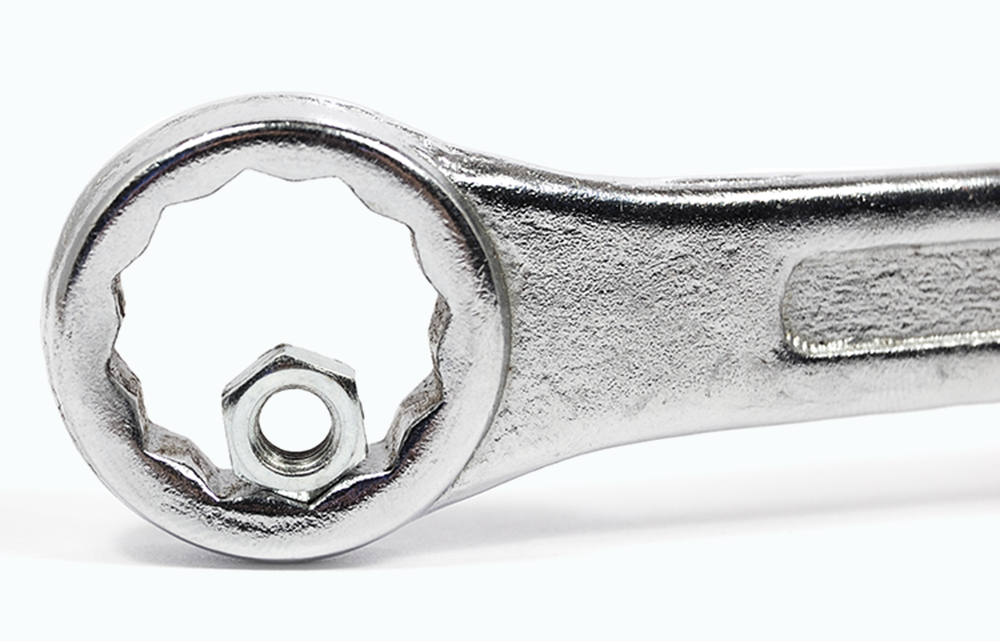Fire and Security Engineer Qualifications

Introduction
Becoming a fire and security engineer requires specific qualifications, skills, and hands-on experience. This career path is ideal for individuals who are passionate about the safety and security industry, offering a range of opportunities across the UK. In this article, we will explore the qualifications required to become a fire and security engineer and the career progression this role can offer.
The Fire and Security Industry
The fire and security industry is vast, with fire and security jobs covering everything from CCTV and access control to fire safety systems. With growing concerns around public and personal safety and building security, the demand for qualified engineers in this sector is rising. Working within this industry means handling security systems and ensuring the safety of buildings and people.
What is Access Control?
Access control is an integral part of modern security systems, allowing businesses and buildings to control who can enter certain areas. Fire and security engineers often work with these systems to ensure seamless integration with other security measures involved, such as alarm systems and intruder alarms.
The Role of a Fire and Security Engineer
A fire and security engineer position is responsible for the installation, maintenance, and repair of fire and security systems in residential, commercial, and industrial buildings. This role involves a range of tasks, from working on fire detection systems to troubleshooting intruder alarms.
Key Skills for Fire and Security Engineers
To excel as a fire and security engineer, individuals need a variety of skills, including knowledge of electrical systems, the ability to read schematics, and problem-solving abilities. A strong understanding of security products and procedures and how they integrate into larger systems is also essential.
Training Required for Fire and Security Engineers
Obtaining the right qualifications is key to becoming a successful fire and security engineer. Formal training is often required, including courses on fire protection engineering skilled fire and security engineering. Many engineers also undergo apprenticeships to gain real-world experience.
Fire Safety Systems and Regulations
Fire safety is a critical part of the fire and security service industry. Fire and security engineers need to be familiar with fire safety systems, including fire alarms, fire detection equipment, and sprinklers. Additionally, they must understand current fire safety regulations to ensure systems comply with legal standards.
Career Progression in the Fire and Security Industry
Working as a fire and security engineer offers excellent career development and progression opportunities. Engineers can advance into roles such as fire safety engineer, or move into supervisory and management positions. With additional training, there are even opportunities in fire protection engineering and security consultancy.
The Importance of Qualifications
Having the right qualifications is of course crucial in this industry. Most fire and security engineers start with a formal qualification in electrical or electronic engineering, often accompanied by specific certifications related to fire and security systems. These qualifications are recognised by employers across the UK and ensure engineers meet the industry’s high standards.
Fire Detection and Protection Systems
Fire detection systems are critical tools in preventing the spread of fire, protecting both lives and property. Fire and security engineers are responsible for installing and maintaining these systems, which include smoke detectors, heat sensors, and fire alarms. Engineers must ensure these systems are functional and up to code.
Installing and Maintaining Alarm Systems
Another core responsibility for fire and security engineers is the assessment, installation and maintenance of alarm systems. This includes systems designed to detect both fire and intruders, ensuring that they are functioning properly and are regularly maintained to avoid system failures.
The Role of Security Engineers
Security engineers are tasked with creating and maintaining comprehensive security systems for company buildings. This includes installing intruder alarms, access control, and other security measures. Security engineers must also stay up-to-date with the latest advancements in security technology to keep systems effective.
What to Expect from a Career in Fire and Security
A career in fire and security can be highly rewarding, providing job stability and a variety of work environments. As a security engineer, you may be asked to visit construction sites, install complex systems, or troubleshoot existing setups for emergency call. This career also provides the opportunity to work with cutting-edge security equipment.
Real-World Experience and On-the-Job Training
Gaining real-world experience is crucial for anyone entering this field. Many fire and security engineers begin their careers through apprenticeships or on-the-job training, allowing them to gain practical skills while working alongside experienced and skilled professionals. This hands-on experience is invaluable in developing the necessary skills to excel.
A Fulfilling Career in Fire and Security
Becoming a fire and security engineer offers a fulfilling career, complete with opportunities to grow and develop new skills over time. Whether working on fire protection systems or installing security products, engineers in this field play a vital role in ensuring public safety.
Conclusion
Fire and security engineer qualifications are the foundation for a successful career in the fire and security industry. With the right training, experience, and passion for safety, you can enjoy a rewarding career in this growing sector. From working with access control systems to maintaining fire detection equipment, the opportunities are diverse and plentiful for those with the right skills and qualifications.
Every Job is Easier if You Have the Right Tools
